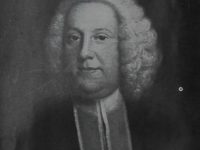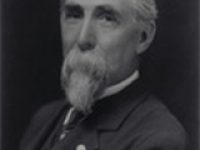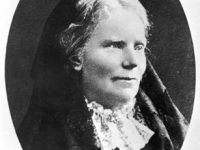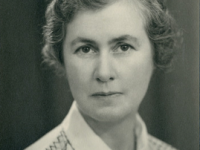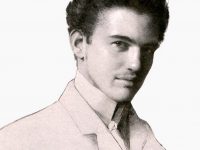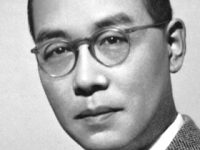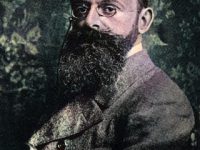John Pell and the Obelus
On March 1, 1611, English mathematician John Pell was born. Pell introduced the division sign (obelus, ÷) into England. The obelus was first used by Johann Rahn (1622-1676) in 1659 in Teutsche Algebra. Rahn’s book was interpreted into English and published, with additions made by John Pell. John Pell – Early Years Pell was born in Southwick in Sussex, where his father of the same name, John Pell, was pastor and rector; his…
Read more

